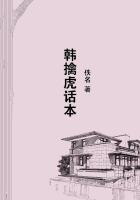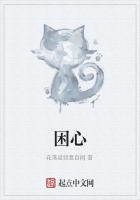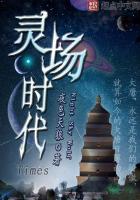Among the Zulus no man will mention the name of the chief of his tribe or the names of the progenitors of the chief, so far as he can remember them; nor will he utter common words which coincide with or merely resemble in sound tabooed names. In the tribe of the Dwandwes there was a chief called Langa, which means the sun; hence the name of the sun was changed from langa to gala, and so remains to this day, though Langa died more than a hundred years ago. Again, in the Xnumayo tribe the word meaning to herd cattle was changed from alusa or ayusa to kagesa, because u-Mayusi was the name of the chief. Besides these taboos, which were observed by each tribe separately, all the Zulu tribes united in tabooing the name of the king who reigned over the whole nation. Hence, for example, when Panda was king of Zululand, the word for a root of a tree, which is impando, was changed to nxabo.
Again, the word for lies or slander was altered from amacebo to amakwata, because amacebo contains a syllable of the name of the famous King Cetchwayo. These substitutions are not, however, carried so far by the men as by the women, who omit every sound even remotely resembling one that occurs in a tabooed name. At the king's kraal, indeed, it is sometimes difficult to understand the speech of the royal wives, as they treat in this fashion the names not only of the king and his forefathers, but even of his and their brothers back for generations. When to these tribal and national taboos we add those family taboos on the names of connexions by marriage which have been already described, we can easily understand how it comes about that in Zululand every tribe has words peculiar to itself, and that the women have a considerable vocabulary of their own. Members, too, of one family may be debarred from using words employed by those of another. The women of one kraal, for instance, may call a hyaena by its ordinary name; those of the next may use the common substitute; while in a third the substitute may also be unlawful and another term may have to be invented to supply its place. Hence the Zulu language at the present day almost presents the appearance of being a double one; indeed, for multitudes of things it possesses three or four synonyms, which through the blending of tribes are known all over Zululand.
In Madagascar a similar custom everywhere prevails and has resulted, as among the Zulus, in producing certain dialectic differences in the speech of the various tribes. There are no family names in Madagascar, and almost every personal name is drawn from the language of daily life and signifies some common object or action or quality, such as a bird, a beast, a tree, a plant, a colour, and so on. Now, whenever one of these common words forms the name or part of the name of the chief of the tribe, it becomes sacred and may no longer be used in its ordinary signification as the name of a tree, an insect, or what not. Hence a new name for the object must be invented to replace the one which has been discarded. It is easy to conceive what confusion and uncertainty may thus be introduced into a language when it is spoken by many little local tribes each ruled by a petty chief with his own sacred name. Yet there are tribes and people who submit to this tyranny of words as their fathers did before them from time immemorial. The inconvenient results of the custom are especially marked on the western coast of the island, where, on account of the large number of independent chieftains, the names of things, places, and rivers have suffered so many changes that confusion often arises, for when once common words have been banned by the chiefs the natives will not acknowledge to have ever known them in their old sense.
But it is not merely the names of living kings and chiefs which are tabooed in Madagascar; the names of dead sovereigns are equally under a ban, at least in some parts of the island. Thus among the Sakalavas, when a king has died, the nobles and people meet in council round the dead body and solemnly choose a new name by which the deceased monarch shall be henceforth known. After the new name has been adopted, the old name by which the king was known during his life becomes sacred and may not be pronounced under pain of death. Further, words in the common language which bear any resemblance to the forbidden name also become sacred and have to be replaced by others. Persons who uttered these forbidden words were looked on not only as grossly rude, but even as felons; they had committed a capital crime. However, these changes of vocabulary are confined to the district over which the deceased king reigned; in the neighbouring districts the old words continue to be employed in the old sense.
The sanctity attributed to the persons of chiefs in Polynesia naturally extended also to their names, which on the primitive view are hardly separable from the personality of their owners. Hence in Polynesia we find the same systematic prohibition to utter the names of chiefs or of common words resembling them which we have already met with in Zululand and Madagascar.

